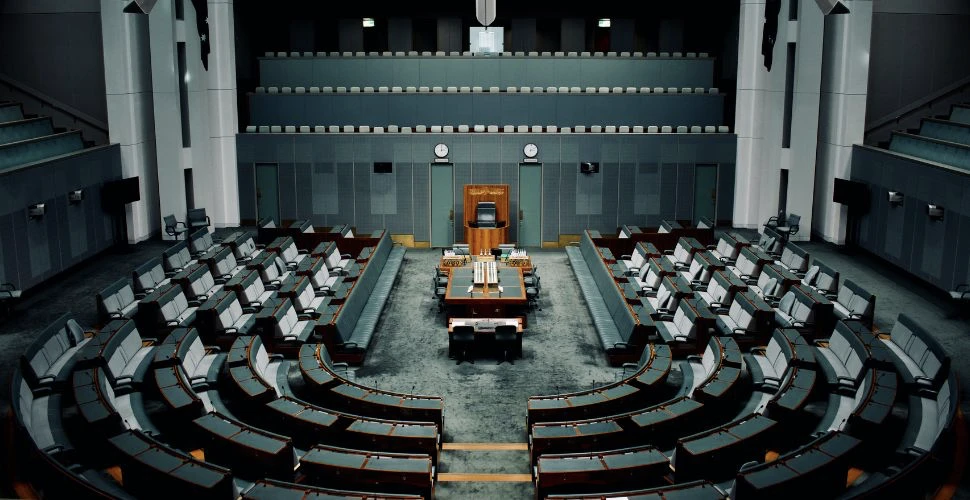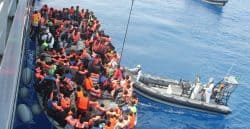Australia’s Modern Slavery Act was introduced in 2018 to tackle labor exploitation in companies’ supply chains. The law is currently undergoing a review, but experts are calling on the government to go beyond big business and address its own role in creating vulnerabilities to forced labor and exploitation too.
The Modern Slavery Act review
The 2018 law means that large businesses are required to report on risks of exploitation in their supply chains and the ways in which they are addressing those risks. Its statutory review, due to be completed this year, intends to assess its effectiveness.
While many experts are demanding that this law be strengthened, not least through the introduction of stronger penalties for business, others are also pointing out that to eradicate modern slavery, the government must look inward too.
Indeed, the government’s policies are actively creating the conditions for forced labor and exploitation to thrive, especially among people seeking asylum in Australia.
How the government is making people vulnerable to trafficking
Many people who arrive in Australia by boat are given the temporary “Final Departure” Bridging Visa E, known as the BVE.
People on this visa receive no government support, leaving them desperate to find work to survive. The urgent need to find work together with the fear of deportation puts these visa holders at risk of exploitation and even modern slavery.
As part of a new report Labour in Limbo: Bridging Visa E holders and Modern Slavery Risk in Australia, researchers Freya Dinshaw and Professor Susan Kneebone spoke to people on this visa about their experiences in the workplace. Many reported facing exploitation.
Lack of basic protections and labor rights
Ali* was released from offshore detention and put on a BVE in Australia. After incurring a work-related injury in his job as a machine operator, he was fired. Now he feels forced to take any opportunity to make ends meet: “You are forced to go for some places to work cash in hand and accept under the minimum wage,” he explains.
Another person ended up working for no pay at all. A refugee support worker explained:
Every week the bosses say, we’ll pay you next week. And then they say, it’s more likely it’s going to be next month. At first, the worker believes this is reasonable.
If they are being paid $3000 a month and the boss says they will pay the following month, you have to work the additional month because you aren’t going to leave your money and you are scared you’ll never get paid. That then becomes $6000, and after three months it’s $9000, and the amount keeps increasing.
Refugee support workers told researchers that people accept any conditions in order to cover basic living costs and that the workers’ fear of being reported to authorities creates a dangerous dynamic that employers exploit for their own benefit.
Join the safe migration campaign
The report’s conclusion is clear: the government must also look inward and address the ways in which it creates the conditions for exploitation to occur. The government must urgently provide more pathways for people seeking safety in Australia to stay and access decent work and support.
The current dynamics in Australia are unfolding similarly in many other countries around the world. Governments are implementing migration policies that put people at greater risk of modern slavery. And what’s worse, officials often use anti-trafficking rhetoric to justify these harmful policies.
The Freedom United community is calling these governments out. We’re demanding migration policies that meet international human rights standards and empower migrants and trafficking victims by providing safe migration routes.
*Name has been changed.







Freedom United is interested in hearing from our community and welcomes relevant, informed comments, advice, and insights that advance the conversation around our campaigns and advocacy. We value inclusivity and respect within our community. To be approved, your comments should be civil.
For the past 20 years or so, xenophobia, and Party policy, have been at the forefront of the fear campaigns of some parts of the political spectrum in Australia. Many, if not most, Australians are becoming more disillusioned with the lack of action to change the migration policies that are mentioned in this article. However, there is not a complete balance of power, in the two Houses of Parliament, in favour of those who support action to change these migration policies. So we campaign and pray